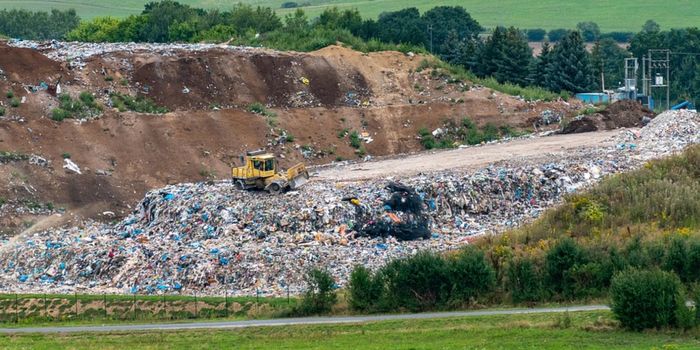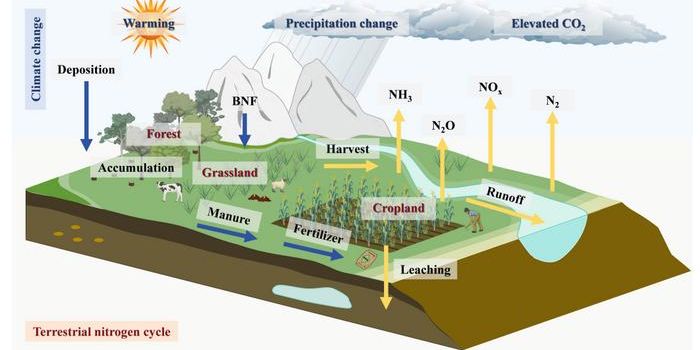What does China's ban on foreign waste mean for your recycling?
This new year rang in a Chinese regulation banning the import of 24 different types of waste, from household plastic waste to unsorted paper, and recycled textiles to slag. This is an effort from China to improve environmental and public health throughout the nation, and though it comes from good intentions, the reverberations felt around the world in the waste disposal and recycling industry may be complicated.
China acts as the largest global importer of foreign waste, recycling much of the materials that it imports to be turned into its manufacturing and production development. According to the South China Morning Post, by 2012, up to 56% of global exported plastic waste ended up in China. Last year, Chinese manufacturers imported 7.3 million metric tons of waste plastics from developed countries including the UK, the EU, the US, and Japan.
To break down the numbers into nations: in the UK from 2012 to 2016, an average 65% of the country’s exported plastic waste was shipped to China. That’s about half a million tons annually. The EU27 shipped an average of 87% of the recycled plastic to China and last year the US exported 1.42 million tons of scrap plastics, (valued at roughly $495 million) to China. There's a lot of money and a quite a carbon footprint in that industry.
But due to the lack of environmental regulations, China has suffered from all of its imports. One prime case of this was seen in Guiyu in Guangdong province, which collects imported electronics waste. In 2003, it was discovered that 80% of children from the town had excess levels of lead in their bloodstream. This situation was not isolated. Hence, the new regulations.
The hope is that China’s new ban will force those big waste-exporting countries to get their act together in waste management and recycling. But there is also the fear that the time it takes to build the type of facilities required for these activities will result in a dangerous in-between time, where either waste will be exported to poorer, less-regulated waste industries, or vulnerable landscapes, or even recycling halted temporarily.
"It's a huge blow for us... a game-changer for our industry," said Chief Executive Simon Ellin of the UK Recycling Association. "We've relied on China so long for our waste… 55% of paper, 25% plus of plastics.
But hopefully, the opposite will happen, with plastics manufacturers stepping to the plate to take responsibility for the environmental damage that their products cause. We hope to see investments from such companies in sustainably manufacturing (which includes limiting the number of products produced and providing adequate recycling for all those produced).
Sources: South China Morning Post, Scientific American, BBC









